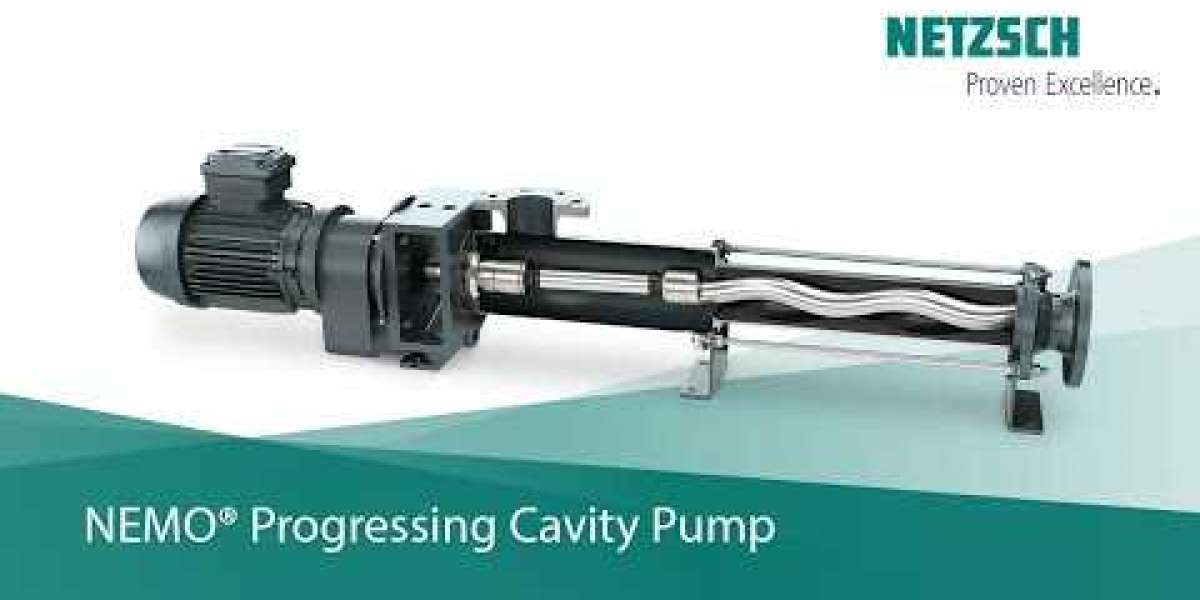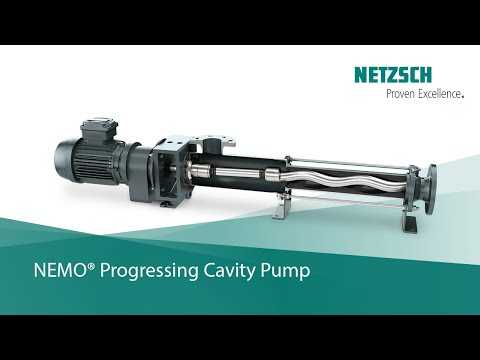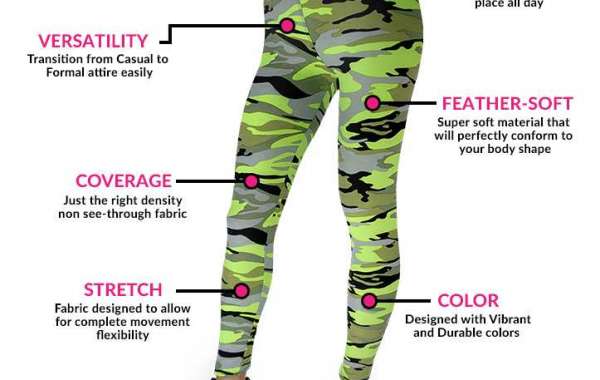Function of the NEMO® Progressing Cavity Pump
In the following content, I will provide an overview of the components that make up a centrifugal pump. Impeller3. The coupling of6. The bearing and the housing for the bearing7.
How Does a Progressive Cavity Pump Work? (2/3)
Therefore, you should watch the entire content in order to have a complete understanding of these subjects. Don't forget to subscribe in order to receive notifications of any new content I publish in the future. To sign up right away, simply click the "Subscribe" button that is located on the right side of the screen.
Progressive Cavity pumps Disassembly Video
Let's get started with the very first component of the centrifugal pump. It is the netzsch spare netzsch pump parts of the pump that are the largest.
For specific applications where casting would be too difficult or expensive, forging or assembling pump housings is the better option. The pump body is responsible for carrying all of the other components of the pump.
It moves energy from the driver to the fluid through this mechanism. This blade is also referred to as a blade. The same circumstance can be seen depicted in this image as well:open impeller
It is not appropriate for the majority of the pumps that are utilized in the process units. If it is not aligned properly, the shaft will experience high levels of stress.
Bearings and housings for bearings The vast majority of centrifugal pumps employ the use of standard roller bearings. The bearing's job is to both secure the shaft in place and ensure that it can move without causing any friction to the surrounding environment. Because the improper selection of the bearing can result in the failure of the pump, it is one of the most important components of the device. Lubricating oil is poured into the hose so that the bearing can remain well-lubricated and at an optimal temperature so that netzsch parts can deliver its full potential.
Suction/discharge flangessuction and discharge flanges are both integrated into the body of the pump. It may be of the radial type, end suction top discharge type, or end suction top discharge type. Sometimes, in order to achieve the design flow, a small ring will be welded inside the discharge flange. This can be seen on occasion. The pump for the support frame is attached to the support frame for the structural support. A well-designed pump should not vibrate, so careful attention must be paid to its construction.
Components of centrifugal pumps are the topic at hand here. You can view the full course on my website if you are interested in learning more about the fundamentals of centrifugal pumps, including how they work and how they are designed. Please give this content a like, share it with others, and subscribe to my channel so that you can be notified when I upload new content.



















